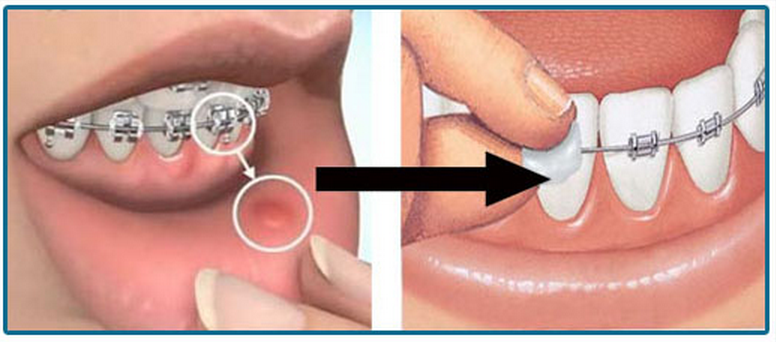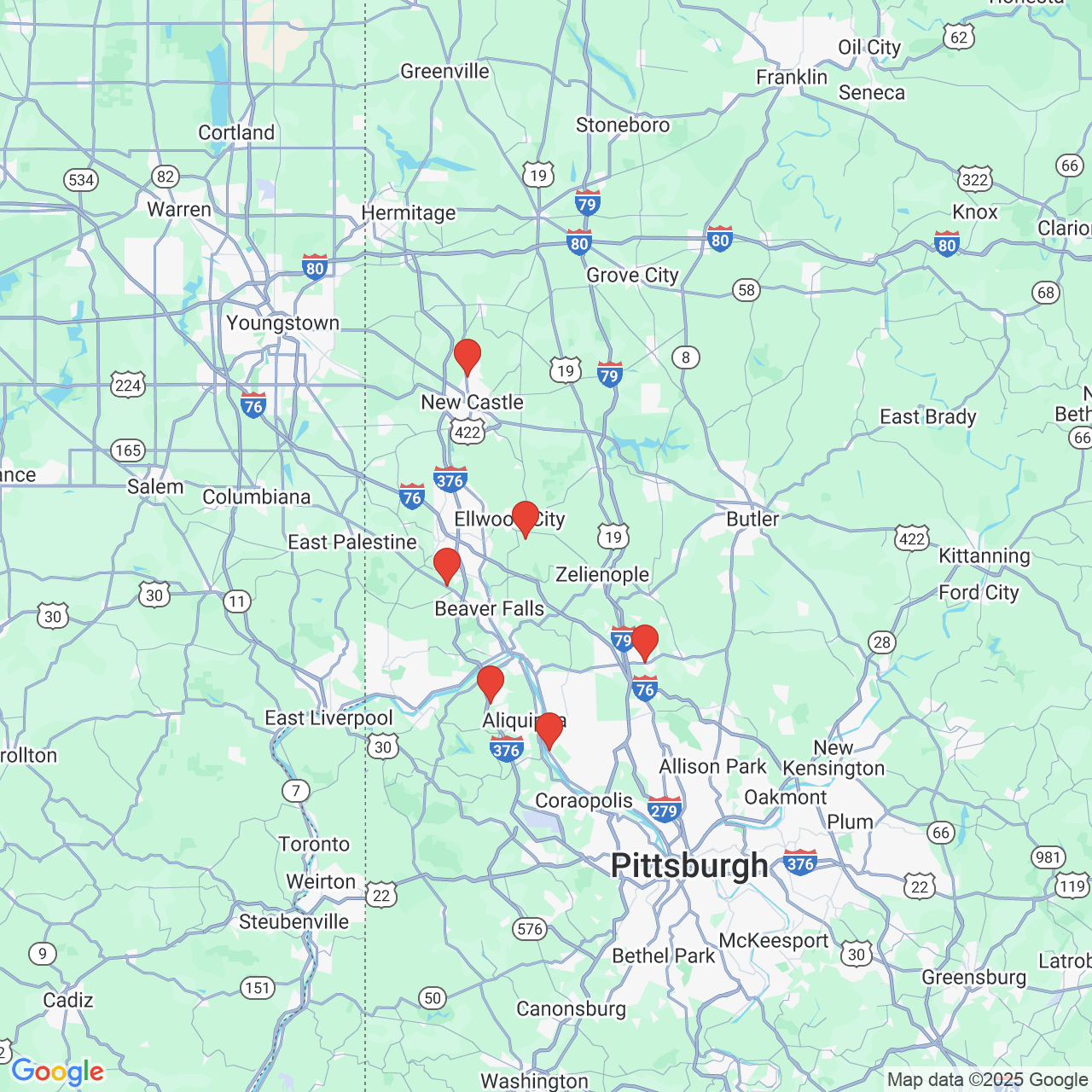Orthodontic Emergencies
What Is An Orthodontic Emergency?
Fortunately, true orthodontic emergencies are very rare. If something feels wrong with your braces, you will find tips for solving the most common problems with braces below.
- If you are experiencing severe pain or rapidly losing blood, you should go to your local emergency room or emergency dentist immediately.
Major Emergencies
Traumatic Injuries: If you sustain a traumatic blow to the mouth as a result of an accident or sports injury, the damage could require urgent care. Head straight to the emergency room if you are cut and bleeding heavily from the mouth, as you may need stitches. If you are showing any symptoms of a concussion, you should also seek emergency care. Left untreated, a concussion can be a serious medical condition.
Notify your general dentist immediately and then our office. If it is after normal hours, use our Contact Us Form - Describe the injury and be sure to include a number that you can be reached at.
Swelling/Infection OR Severe Pain: Depending on the severity of pain and/or the size of the area that is swollen, urgent care may be needed. Treatments such as antibiotics can be determined by an emergency care doctor and implemented quickly.
Notify your general dentist immediately and then our office. If it is after normal hours, use our Contact Us Form - Describe the area that is causing pain or appears swollen and be sure to include a number that you can be reached at.
Lost, Chipped, or Cracked Tooth: These problems can be potentially serious but are best addressed by your dentist, our office, or an emergency dental facility rather than an emergency room. If you've lost a tooth or part of a tooth, bring it to the dentist and be careful to handle if as little as possible and store in the person's saliva (so it doesn't dry out). In many cases, it is possible to re-implant the tooth. The chances for success are greatly improved if you are seen within in hour of the accident.
Call your dentist and our office first. If it is after hours or weekends, contact your dentist's office through the emergency protocol in their office. Then notify our office using our Contact Us Form - Describe your dental emergency and be sure to include a number that you can be reached at.
Minor Emergencies
Most orthodontic emergencies are minor and it is best to sooth the area causing discomfort or irritation and then call our office to let us know. We will schedule an appointment or add time to an existing appointment to complete the repair.
Using wax is the best temporary solution to provide relief to irritated lips, gums or cheeks.

Simply apply a large ball of wax over the metal that is the source of the friction to provide a cushion. Use salt water rinses to help the area heal faster. Once the sore has healed, the wax should not be needed again. If ulcers or sores persist, please let us know.
Broken brackets are very common and are not an emergency. However, they can cause tooth shifting and backwards progress. If you notice a broken bracket, call our office immediately. We will schedule you to be seen or add time to your existing appointment to ensure we have enough time to repair the broken bracket.

If the loose bracket is irritating the cheek or gums, place wax or a raisin over the metal to provide a barrier to the soft tissue until we can see you.
Loose expanders are rare but need addressed immediately. Call the office so the expander can be glued back in . Left untreated, tooth decay can develop under a loose expander. If the expander falls out completely, continue to wear like a retainer until we can see you.
Poking wires can cause great discomfort and irritate the cheeks gums.
Below are instructions and short videos explaining different ways to fix common problems with braces wires.
A wire is out: If a wire slipped completely out of a bracket, you can try to put the wire back into the little hole in the middle of the bracket.
A Wire is Poking: Sometimes it is normal to feel a wire poking in the very back after a new wire clip because it can touch a new area of soft tissue in a different way. If the cheek becomes sore, apply a ball of wax to the back of the wire so it can no longer touch the cheek.
General Tooth Pain
It is normal to have tooth pain in orthodontic treatment as your teeth adjust to new positions. Braces are usually the most painful the first few days after you get them on. You can take Tylenol or Advil to manage the pain. The initial discomfort will begin to subside after that. Most patients are pain free by two weeks. New wires, elastics, and other treatment changes along the way can also bring discomfort. This is a sign of tooth movement and is a good thing!
We Are Here For You
Take comfort knowing that we are always here for you! You can call the office, contact us through our website anytime, and always feel free to reach out to us! We want you to have the best orthodontic experience possible!
Make sure to call our office at 724-846-9666 if you notice something is broken so that we can schedule an appointment to see you or add time to your next appointment to do your repair.


